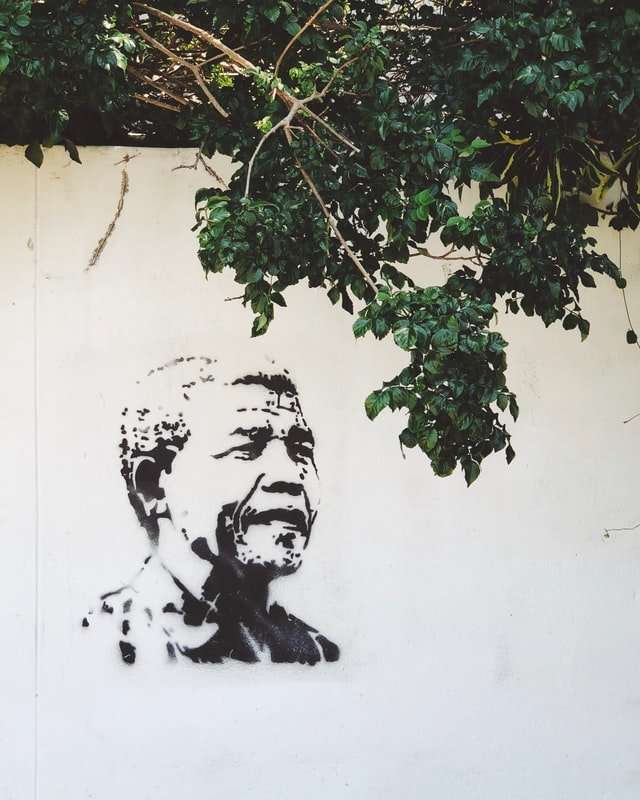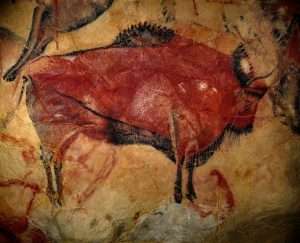Being a great artist is not just having skills, it’s far more than that. A great artist must have many things-a strong passion for the art, an eye for beauty, and a drive to make the art world a better place.
A great artist strives for excellence in the art, and these artists have qualities that make them great.
The best way to become a great artist is to look at what other great artists have done and learn from them. If you are interested in becoming one, here are some tips that will help you on your way:
Be Passionate About Your Work
Great artists are passionate people. They pour their heart and soul into every piece they do. This ensures that they do their best work possible. The best artists love what they do, and they share that love with others through their art. This passion allows them to create great works of art.
One of the most common things I found in the art world is about how to become a great artist.
I don’t think that’s what makes a great artist though. I think you have to be born with the gift of creativity and passion for your art. Not everyone has it, but those who do are destined to be great.
It is easier to say what a great artist isn’t than what they are. The first thing is talent. Coming up with a good idea or piece doesn’t make you a great artist, but it does make you talented. You need to know your craft and have experience producing work before you can call yourself an artist.
A great artist also needs to work hard every day on their craft and practice consistently until they achieve success. It’s not enough to just do what you’re good at because there will always be someone better than you at something and no one wants to put in effort into something that won’t pay off in the end anyway.
To me, being a successful animator is more about learning from your failures than it is about knowing exactly what to do all the time. I think this quote from “Gravity Falls” applies: “You’ve got to learn that sometimes life leads you astray, so you might
Artists are people who create art. Most of the time, when we talk about artists, we are talking about painters, writers, musicians and actors. People in these fields often have unique talents that set them apart from other people.
But do they have more talent than other people? Some people think so, but they’re wrong. The reason they’re wrong is because they’re confusing talent with skill.
Talent is what you were born with. Skill is what you learn by doing something over and over again. It’s impossible to tell which of those two things makes a great artist until the artist has had a chance to practice for a long time.
So if you ask me whether someone’s a great artist, I will tell you that it depends on how much time they’ve spent practicing their art form and studying the work of other people in their field.
What would make me really impressed with an aspiring artist is not just that they can draw or write or act or sing or dance really well; it’s that they are able to learn from everything else out there and not get stuck being derivative or imitative. That takes real dedication and hard work, which means that it’s going to be rare to find someone who has both the talent and the skill
“Every age has its own art; there is no single art that is the same throughout the centuries and in all places.” – Leonardo da Vinci
Artists and their work are usually judged by their peers and successors, not by the general public. This is because a great artist’s work is often ahead of its time, while the general public understands what they see only when it becomes part of history. Yet time marches on, and today’s revolutionary artist may become tomorrow’s cliché. As such, there is nothing wrong with clichés being produced. They are necessary for an artist to reach the largest number of people. And this gives rise to new ideas, new forms.
Although it may appear that artists from different times have nothing in common, even if their styles seem completely different, this is not always true. This series seeks to look at what makes a great artist through an analysis of existing artworks from different times and places as well as hypothetical ones. In short, what makes a great artist?
When you ask someone why they like a certain artist, I think they’ll tell you it’s the artist’s style. Everyone wants to be “unique,” and the easiest way to do that is by finding a style that will make you stand out from the crowd. This is where I disagree.
It’s not about being unique, because there are millions of people who have a unique style, but no one really remembers them. Instead, it’s about being memorable. It’s about being able to nail your message down so it can be understood by others, even if they didn’t come up with it themselves.
In other words, some artists are more successful than others because they are better at communicating their vision to others. And this is what makes a great artist, not their artwork itself.
Many define an artist as an individual who creates things that are beautiful. I tend to think of beauty in more subjective terms. It makes sense to me to describe an artist as someone who creates things they find beautiful and express it in a way that others can appreciate.
Truly great art has a certain timelessness to it, the same way the truly great artists have a certain timelessness to them. They transcend their time, and the work they create is beyond what is popular at the time. When I say that I think one of my favorite bands is Rush, people often laugh at what they consider to be outdated music, but their songs are so complex and interesting and so musically rich that I do not find myself bored or annoyed when listening to them. Their music has actually grown with me over the years, which is another hallmark of true art. In my opinion, there are very few artists around today who are truly great; however, some of those I believe to be truly great include:
Some people criticize great pieces of art for being too derivative of previous works – I have heard this about paintings from both Van Gogh and Picasso – but I think that’s inherent in creating something new. You can’t create without first absorbing influences from other great works.
I have had the same argument with probably a hundred cartoonists, who are always either just starting out or just about to quit. The argument goes like this:
“I’m not talented enough to be a great artist.”
This is what I reply: “Well, let’s assume you’re right. So what? You don’t need talent to make good cartoons. What you need is to work hard for many years and learn your craft well.”
“But if I’m not naturally talented, why should I bother?”
To which my answer has always been: “I don’t know, maybe because it would make you happy?”
And of course my cartoonist friend would look at me like I’d lost my mind.



